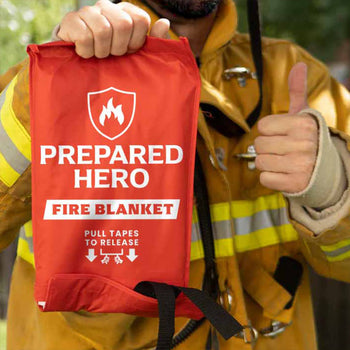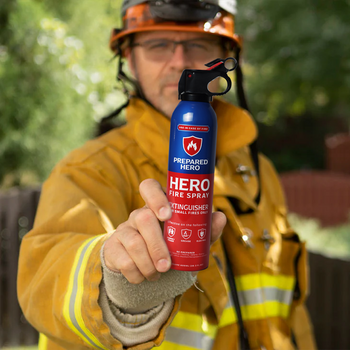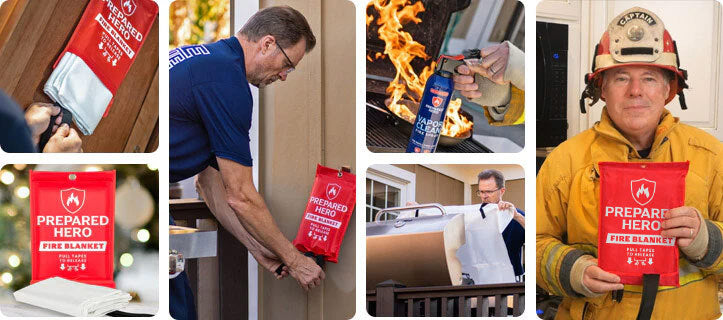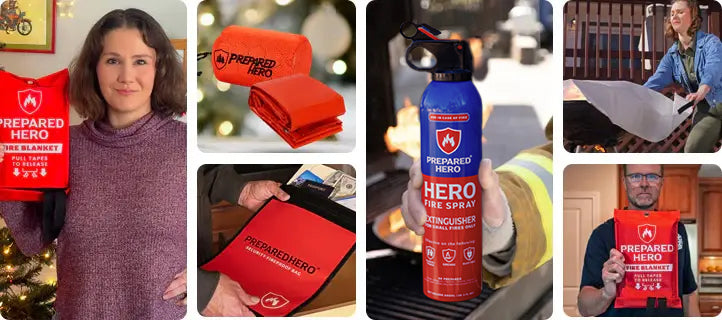Where you put your smoke detectors matters just as much as installing them. Proper placement makes sure they can detect...
Fires can spread quickly, and since a closed bedroom door can hide smoke and heat, you have to act fast. By planning and practicing your escape plan, you can save yourself, your property, and your loved ones.
In this post, we'll talk about how to plan your fire exit strategy in five easy steps.
1. Determine escape routes and nearest exits.

Clearly mark all the exit routes and fire escapes in your house.
You also need another way out if fire or smoke blocks the main exit. So, you must determine other ways out to make sure you can escape.
If you live in a two-story house, determine whether you'll escape through a window, balcony, or roof and whether you need a fire escape ladder.
2. Determine roles and responsibilities.

Next, determine roles and responsibilities for every member of your household. Clear roles and responsibilities prevent confusion and panic if a fire occurs.
Assign tasks based on everyone's capability. For example, adults can guide children, pets, seniors, and people with disabilities. Remember, making sure every family member knows what they should do significantly improves the efficiency of your strategy.
3. Choose a meeting place outside.

Pick a meeting spot outside. Doing this lets everyone quickly gather after evacuating, allowing you to account for everyone in the house.
Ideally, your meeting place should be far enough from the house to protect everyone from smoke and heat yet close enough to be reached quickly. You should also make sure everyone can find the meeting place easily, so it should be accessible.
4. Know your emergency numbers.

Make a list of all emergency numbers you might need during a fire.
Everyone in your household should know these numbers and save them on their phones. Quick access to emergency numbers can expedite getting help and prevent damage during a fire.
5. Practice your fire escape plan.

A fire exit strategy is useless if you don't practice it. This is arguably the most crucial step, so you shouldn't miss it.
Being familiar with your fire exit strategy through regular drills lessens panic during an emergency, resulting in a smooth and well-coordinated escape. Practicing also helps reinforce the fire exit route, designated meeting spot, and assigned roles, ensuring everyone is prepared.
Conclusion
A well-planned fire exit strategy requires clear roles, a meeting place, a list of emergency contacts, and regular drills. Following these steps can help protect your loved one and foster a safer and more prepared environment.
As an extra precaution, create a fire safety kit with a fire spray, fire blanket, smoke mask, and fire protection gloves. Don't wait until it's too late—secure your kids' safety by getting fire prevention tools from Prepared Hero now!


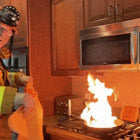 Fire
Fire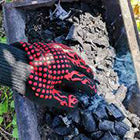 Safety
Safety Survival
Survival Protection
Protection New
New
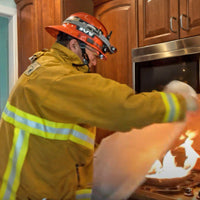 Fire
Fire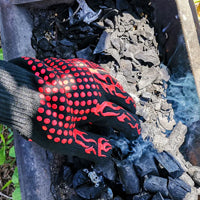 Safety
Safety Survival
Survival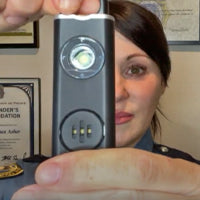 Protection
Protection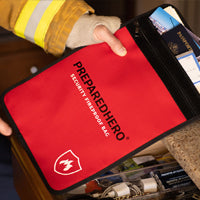 New
New
